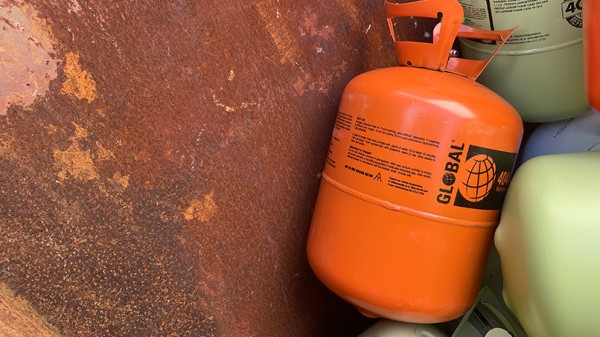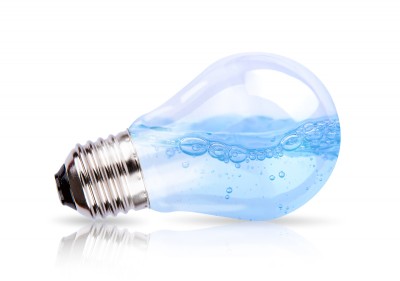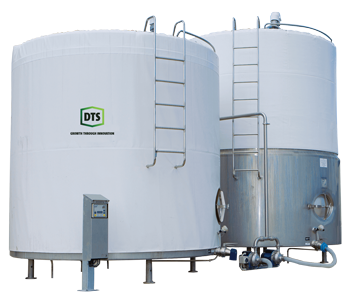1. WE CAN SORT OUT YOUR GAS
By gas, we mean refrigerants. Refrigerants are a chemical compound used to transfer heat and they are used everywhere, your heat pump, air conditioning, and milk vat refrigeration.
R404A is one of the most widely used refrigerants in New Zealand. So there's a good chance you have R404A in your cooling system.
R404A has a significant global warming potential (which attracts government levies) making it one of the most costly refrigerants to use, for the planet and your pocket. This adds up when you consider these statistics:
- 90% of refrigerants used in NZ eventually leak into the atmosphere.
- Older dairy refrigeration systems in New Zealand lose approximately 15% of their refrigerant each year.
- Commercial refrigeration systems in retail food outlets and cold storage warehouses may leak up to 35% annually.

Substantial emission reductions can be achieved through:
- Keeping refrigeration equipment regularly serviced to avoid refrigerant leaks and;
- correctly disposing of refrigerants at end of life or;
- Upgrading your refrigerant to a greener one.
If you aren’t sure about the carbon footprint of your farm refrigeration, commercial refrigeration or even your home refrigeration, talk to DTS today. We can help.
2. GO WITH THE FLOW
With the increasing demand for water, monitoring it is potentially the next big step-change in dairy farming.
A good water monitoring system can tell you if water is flowing when it shouldn’t be, allowing for quick detection of leaks and speedy repairs.
For those of us who must keep water usage within permitted activity amounts, installation of water monitoring is a no-brainer and a quick solution for resource consents and reporting.
Not only that, but during the hotter months, water monitoring will send you alerts when you are running out of water in the places you need it the most.
While we no longer provide water monitoring at DTS, we recommend Halo Monitoring Systems.

3. WE KEEP THINGS UNDER WRAP
Did you know that simply adding a polar wrap to your milk vat will save up to 25% of power by reducing chiller running costs?
The DTS polar wrap reduces your vat refrigeration energy consumption by removing up to 82% of the heat load on your vat.
Weather conditions cause your vat to gain heat. Rain, wind, sunshine, humidity, and high air temperatures, all increase the amount of heat affecting your vat. Stop heat gain and reduce the load on your refrigeration system by insulating your vat with a polar wrap.
Durable and high-quality, if you are on the cusp of compliance, vat insulation may save you from investing in more costly systems.


